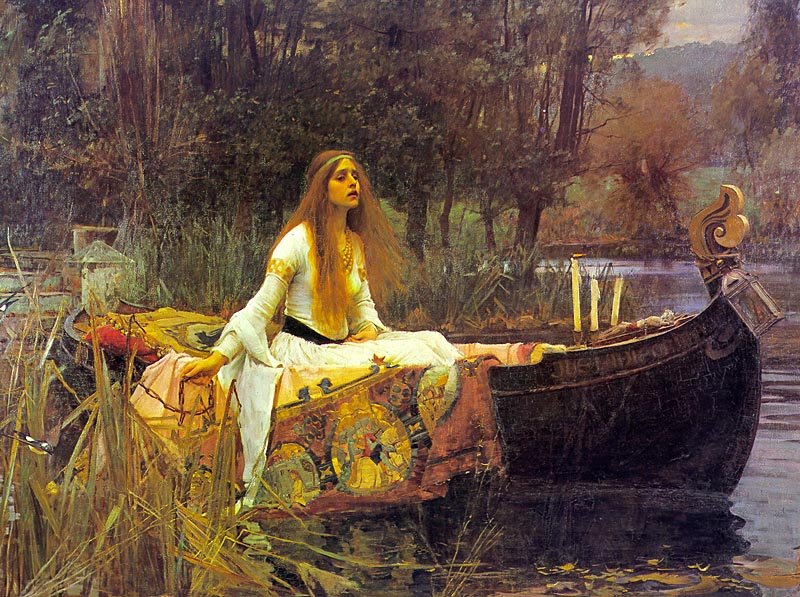Anyhow, this week I have chosen another great female poet (I'm against using silly diminutives like 'poetess').
Most of the ones I have researched are rather short, which I do like and could analyse in depth but this one rather took my fancy a little more.
'Hope' is the thing
with feathers
That perches in the
soul,
And sings the tune
without the words,
And never stops at
all,
And sweetest in the
gale is heard;
And sore must be the
storm
That could abash the
little bird
That kept so many
warm.
I’ve heard it in the
chillest land,
And on the strangest
sea;
Yet, never, in
extremity,
It asked a crumb of
me.
(Written
c.1861)
Sources seem to
suggest that Emily lived almost entirely in isolation and thus spent much time
on internal reflection. This led me to notice how she is contemplating
something internal - 'hope' - but by using an outdoor metaphor - a 'bird'. Yet
she escapes the possibility that this hope is trapped inside the 'soul' by
using lexemes denoting freedom: 'perches', 'sings'. After establishing the
metaphor she extends it to the human in which the hope resides; troubling times
are compared to a 'storm', now a cliche but probably less common in the 1800s.
The antithesis of
'little bird' when juxtaposed with 'so many' is where Dickinson comments upon
how a little hope from one person can go a long way with others. Even if it is
'abash[ed]' (nice mimesis with the scansion emphasising the plosive /b/), this
does not mean to say that hope will not return; it 'never stops', intensified
with the tautological adverbial 'at all'. It has even been heard by the speaker
'in the chillest land', where superlative cold signifies loneliness, conjuring
a deserted image with the help of the expanse of the concrete nouns 'land' and
'sea'; hope can be found anywhere on earth. Hope is strongest (the bird is
'sweetest') when there is a 'gale' - hope thrives in a little danger, for without
it hope would not be necessary.
If I remember in the coming weeks I'll try to find some of my own poetry and post that as an extra; at least that way I can never lose it!


